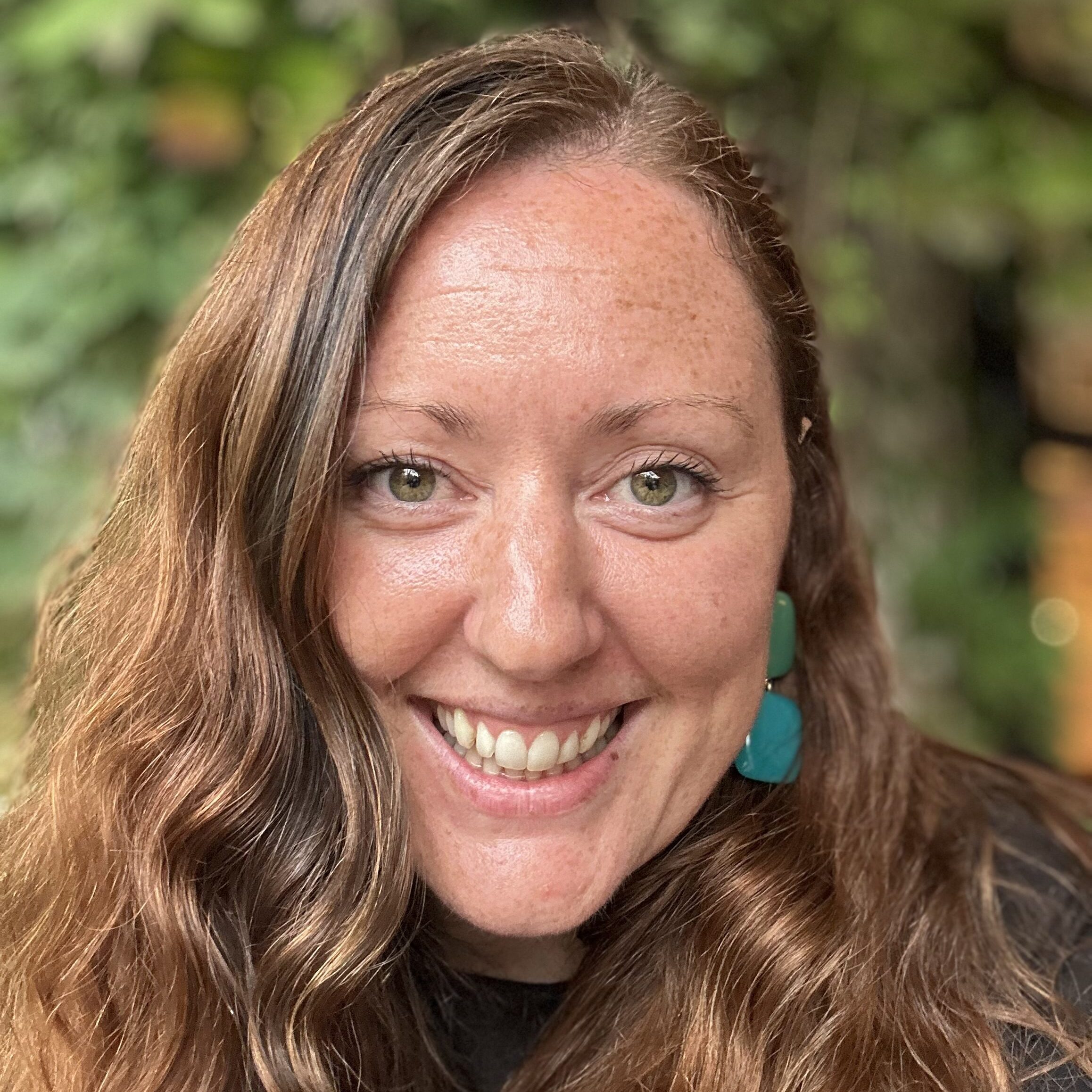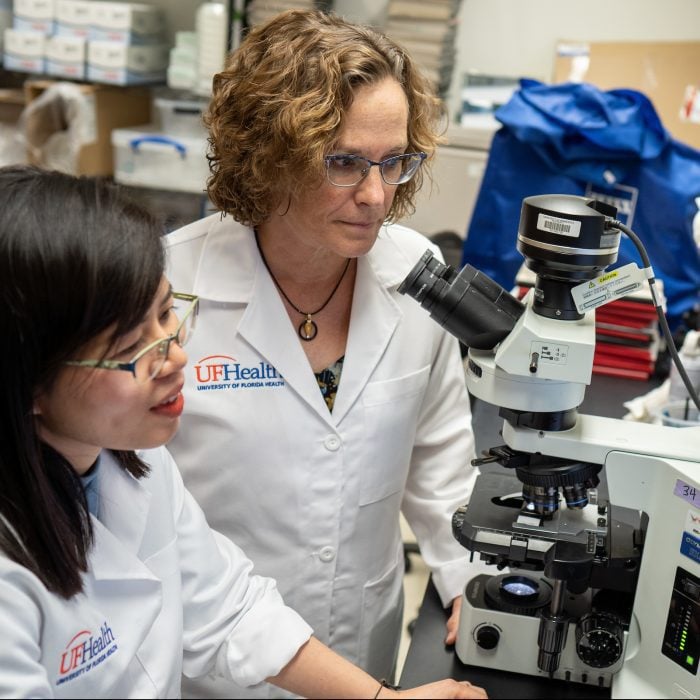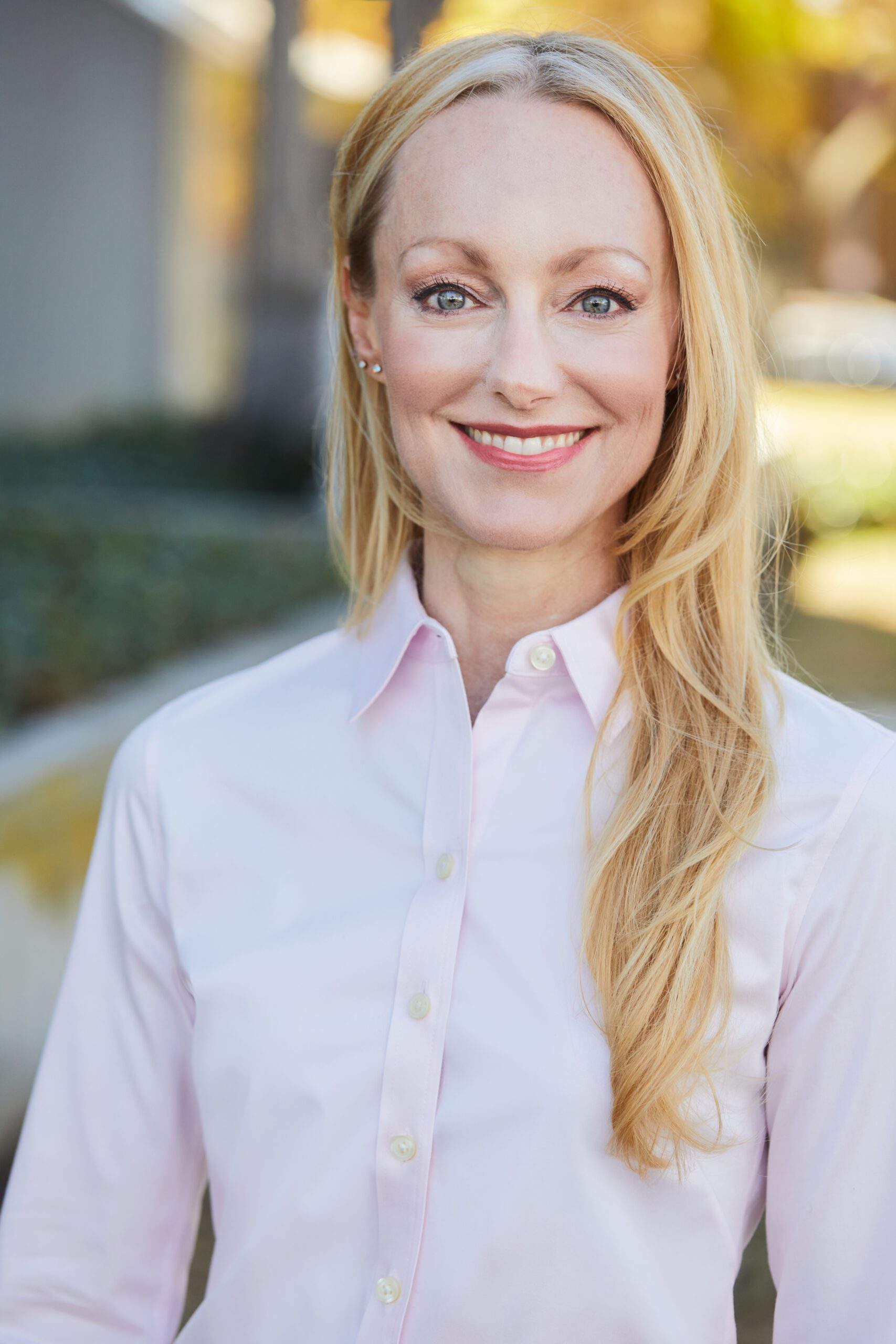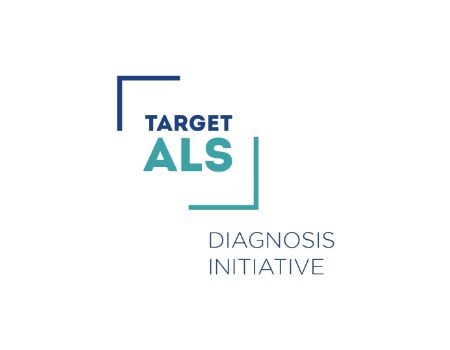For Prof. Jenna Gregory, the boundary between clinic and lab is not a line to be drawn—it’s a space to be explored. As a Clinical Professor and Consultant Pathologist at the University of Aberdeen, she moves seamlessly between diagnosing cancer cases and decoding the complexities of neuroinflammation in ALS. At the 2025 Target ALS Annual Meeting, she shared how that dual lens is reshaping what’s possible in ALS research.
“In cancer diagnostics, we’re already using the immune system in powerful, targeted ways,” she explained. “I kept thinking—why can’t we do that in ALS?”
That question laid the groundwork for her current Target ALS-funded project: a novel approach to reactivate exhausted T cells—a state where immune cells become overexposed to pathological signals and lose their ability to respond effectively. It’s a phenomenon well-characterized in cancer but underexplored in ALS, despite growing evidence of its relevance.
“T cells are everywhere—in every organ system,” she said. “If they’re seeing TDP-43 pathology in places like the gut or skin years before motor symptoms appear, they could be burning out early. That might explain why, when they’re finally needed in the brain, they’re no longer able to help.”
Prof. Gregory’s lab is also expanding its focus beyond treatment to precision prevention, aiming to detect early ALS pathology in peripheral tissues and intervene years before symptoms emerge. “Prevention looks different for everyone,” she noted. “We’re working on strategies that reflect that.”
Prof. Gregory’s work zeroes in on a protein that suppresses T cell activity—one found elevated in both ALS models and human tissue. Her goal: to develop an antibody that blocks this protein, restoring immune function in the right patients. Crucially, the same protein may also serve as a biomarker, enabling both diagnosis and treatment—a dual strategy known as theragnostics.
“It’s a concept borrowed from oncology,” she said. “You use the same molecule to diagnose and to treat. That way, you can immediately see if the therapy is having an effect in the person who needs it.”

That precision is key, especially in a disease as heterogeneous as ALS. Not every patient shows the same immune profile—and in Prof. Gregory’s view, that’s exactly why personalization is essential. “This isn’t a one-size-fits-all approach,” she said. “It’s about working out who will benefit, and tailoring interventions accordingly.”
For Prof. Gregory, support from Target ALS has been instrumental—not just financially, but intellectually. “Both of our grants from Target ALS were for ideas we couldn’t get funded anywhere else,” she said. “They weren’t pedestrian. But Target saw the value. That support allowed us—and the lab—to work on something truly transformative.”
This was her fourth time attending the Target ALS Annual Meeting, and she views it as more than just a conference. “It’s a place where high-risk, high-reward ideas are welcomed,” she said. “Where novel thinking is encouraged. And where you get to connect with a global community that wants to push this field forward.”
If Prof. Gregory’s work is any indication, the future of ALS research will not only be more precise—it will be more personal.




